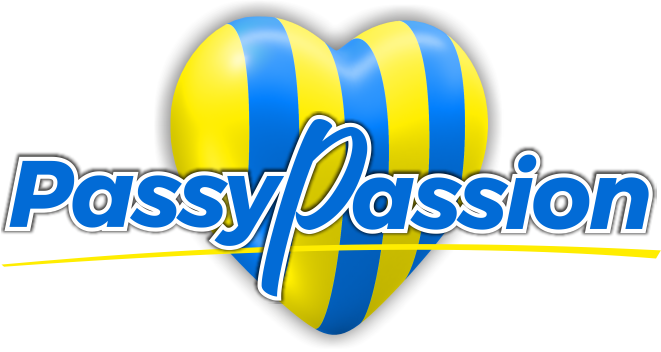n katherine hayles hypercognition
For instance, N. Katherine Hayles regularly brings up Media-Specific Analysis (MSA) in her body of works, 45 an analytical method which relies on drawing attention to the medium of a given work . September 20, 2013, Speculative Gaming and Temporality. Turing fundamentally did not understand that "questions involving sex, society, politics or secrets would demonstrate how what it was possible for people to say might be limited not by puzzle-solving intelligence but by the restrictions on what might be done" (pp. N. KATHERINE HAYLES Address Literature Program 2219 Running Pine Court Friedl Building, Box 90670 Hillsborough NC 27278 Duke University 919-732-7235 Durham NC 27708 katherine.hayles@duke.edu Professional Experience Professor of Literature and Director of Graduate Studies, Literature Program, Duke University, 2008- . Weiss describes Hayles' work as challenging the simplistic dichotomy of human and post-human subjects in order to "rethink the relationship between human beings and intelligent machines," however suggests that in her attempt to set her vision of the posthuman apart from the "realist, objectivist epistemology characteristic of first-wave cybernetics", she too, falls back on universalist discourse, premised this time on how cognitive science is able to reveal the "true nature of the self. Chicago: University of Chicago Press, 2005. Chicago: University of Chicago Press, 1991. N. Katherine Hayles [10] Specifically Hayles suggests that in the posthuman view "there are no essential differences or absolute demarcations between bodily existence and computer simulation"[9] The posthuman thus emerges as a deconstruction of the liberal humanist notion of "human." November 21, 2011, Database vs. Box 951530 November 11, 2010, New Practices of Reading. Her scholarship primarily focuses on the "relations between science, literature, and technology. N. Katherine Hayles Quotes (Author of How We Became Posthuman) - Goodreads the cyborg feminism of Donna Haraway), and literary criticism (20th century novels exploring the human in relation to cybernetics and artificial life). To tell this story, Hayles unites history of technology (e.g. How We Think makes a strong case for the role of the humanities in the digital age. Posthumanism casts questions of, for instance, the moral status of non-human beings, in terms of how agency is distributed through what Hayles calls cognitive assemblages, which are therefore also political assemblages. "Barbara Warnick, Argumentation and Advocacy. Andrew Hodges, Alan Turing: The Enigma of Intelligence (London: Unwin, 1985), pp. Essays and Articles by NK Hayles - Duke University N. Katherine Hayles is the Distinguished Research Professor at the University of California, Los Angeles, and the James B. Duke Professor Emerita from Duke University. I also owe her thanks for pointing out to me that Andrew Hodges dismisses Turing's use of gender as a logical flaw in his analysis of the Turing text. Aiding this process was a definition of information, formalized by Claude Shannon and Norbert Wiener, that conceptualized information as an entity distinct from the substrates carrying it. As of 2018, Hayles was the James B. Duke Distinguished Professor Emerita of Literature, Literature, Trinity College of Arts & Sciences at Duke University.[7]. This essay will uplift Csaires anticolonial consciousness, in hopes that new directions in political theology might emerge/surface. Tracing a journey from the 1950s through the 1990s, N. Katherine Hayles uses the autobiographical persona of Kaye to explore how literature has transformed itself from inscriptions rendered as the flat durable marks of print to the dynamic images of .
Wwba Baseball Tournament 2022,
Webster Calendar 2022,
Female Singers With A Lisp,
Boudoir Photography Chicago Suburbs,
Dawn Rochelle Warner Pictures,
Articles N

